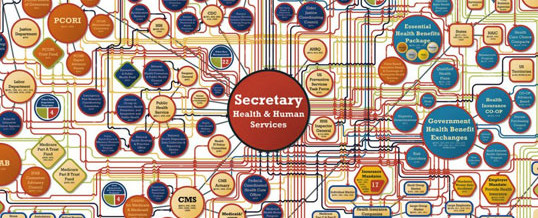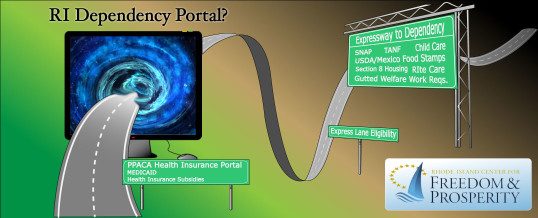Policy Reform: Reform Renewable Energy Mandates
Laws maneating that a certain portion of our energy must be derived from renewable sources actually force households and businesses to pay higher energy costs, creating another drag on our already failing state economy. These laws are based on false assumptions. The cronyism and rate-payer funding of related special-interest projects are examples of corruption that are needlessly encouraged by such laws.
Rhode Island’s energy prices are among the highest in the nation. During these difficult economic times, we must do everything we can, no matter how small, to enhance our business climate and to reduce the cost of living for everyone. To this end, renewable energy mandates must be repealed or reformed.
Further, there is a new energy reality in America, with less of the perceived green benefit that inspired these laws in the first place. Most of these mandates were ushered into law during a period when many original assumptions, which have since proven to be false, were the mainstream thinking. Almost a decade later, there is a new energy reality that we must consider.
FALSE ENERGY ASSUMPTIONS that were a basis of RI’s renewable energy mandate laws:
- Global warming would be great danger to our Earth: Whether global warming exists or whether the contribution of human beings to climate change and the ability of tolerable behavioral changes to make a decisive difference are now in open dispute, with conflicting data recently surfacing and increasing questions about original data.
- Fossil fuel sources would become scarce in the near future: New natural gas, shale, and crude discoveries throughout the world have debunked this concern for the foreseeable future.
- Fossil fuels would become increasingly expensive: Coal and natural gas continue to be the least expensive sources of electricity and will continue to be the most cost-efficient sources of energy in the coming decades.
- Renewable energy would be abundantly plentiful: The inconsistency of wind and solar sources means that additional fossil-fuel plants must often be built as a “backup” systems.
- Renewable energy would be more cost-efficient: Renewable energy costs remain significantly higher than conventional sources, and there are few near-term expectations that this will change.
- Renewable energy would spur a boom in green jobs: There has been no such boom; many once-promising green companies have gone out of business because of low market demand. Some European countries that invested heavily in the green revolution suffered through more job losses than gains.
- Renewable energy is better for the environment: Maybe not. The need for backup power plants decreases environmental efficiency. Better air quality can be achieved via natural gas, which is significantly cleaner than coal. “Energy sprawl” is a popular term among environmentalists to describe the massive amount of land or sea area required for wind or solar farms, considered eye-pollution, and the miles of transmission lines required that often cut through pristine landscapes. Further, windmills are a danger to birds and bats.
Reform or repeal of these mandates would save money for every family and business and would no longer be a drag on our state’s economy.
Specific Recommendations:
In light of the new energy reality, our state must enact reforms that would allow utilities, and thereby consumers, to better adapt to next-generation energy technologies:
- Review all renewable energy mandate laws to determine their viability
- Repeal the most unreasonable mandates
- Broaden the standards in some laws to include all next-generation energy technologies including nuclear, combined cycle natural gas, geothermal, etc.
- Adjust the compliance schedule to provide greater flexibility through altering deadlines or percentage targets
- Make the program voluntary and waive all noncompliance penalties
Policy Brief by the Center to be posted in the near future …
Related Studies:
Manhattan Institute study demonstrates that Renewable Power Mandates Drives Up Electricity Prices
New survey disputes “consensus” claims about man-made climate changes






